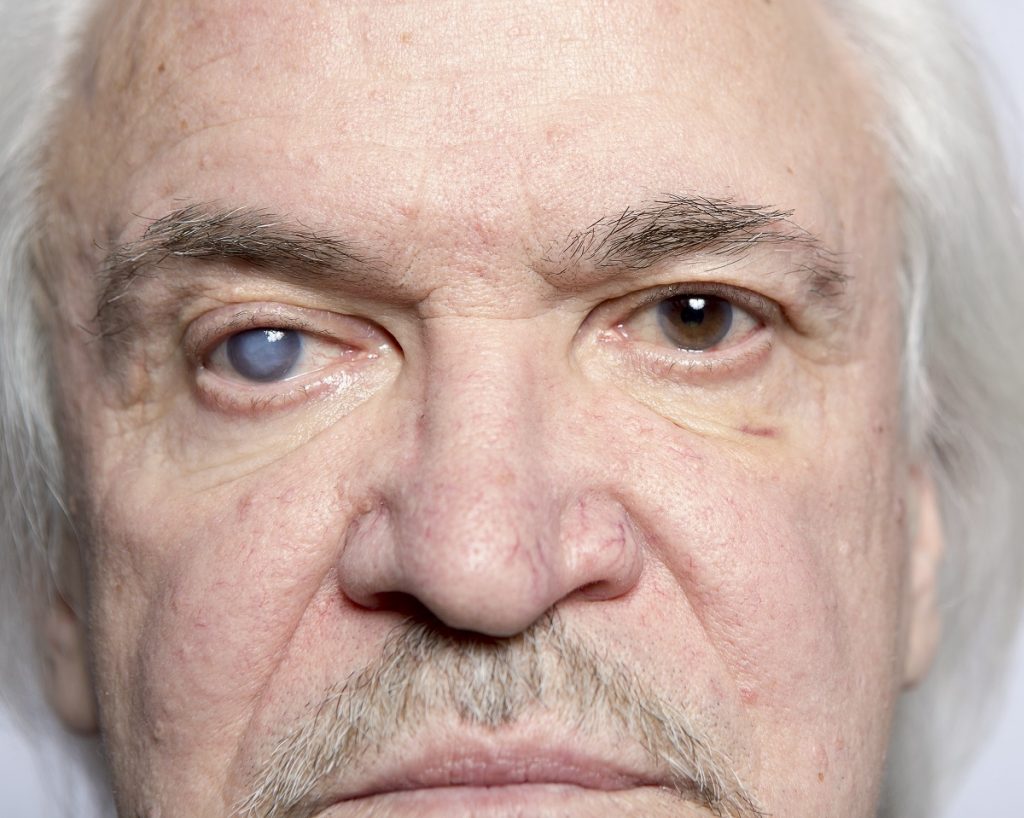Travelling is unavoidable, may it be daily or for vacations. It might seem instinctual to reduce travelling for someone who has glaucoma, but doing so can affect how they cope with their condition. It’s not easy living with impaired vision, more so when it causes them to deviate from their normal lives.
Your best course of action as a family or friend is to help them find ways to make travelling safer and more convenient. Discovering what works for the patient and you as a carer can help you both deal with glaucoma better.
Get the Right Technology

There are plenty of apps and modern equipment available in the market that you can buy. The tricky part is finding the right one for the patient’s travel needs. To avoid wasteful purchases, you’ll have to work with the patient to identify the main difficulties of daily travel. If you’re going on vacation together, consider your itinerary and the possible challenges that lie ahead.
The right assistive technology for visually impaired people depends on the severity of their condition. Pay a visit to medical experts and opt for super specialty eye clinics. They can provide customized lenses for the specific quality of your vision.
From there, you can determine what other technology can help the patient. A tag-and-scan system application can prove useful when you want to go on an individual shopping spree in a foreign country. Dictation technology can also make the use of devices like smartphones and iPads easier without always having to deal with larger fonts and low-glare screens.
Starting a System
While technology helps, it can’t do everything for you. One of the best practices a glaucoma patient can develop is the boldness to ask strangers. It might be nerve-wracking for them to speak up, especially if you’re in a different country, but it’s crucial for safety purposes.
You also need to adopt a system for travelling on foot. Hooking arms or holding hands all the time poses their own difficulties and can make a patient feel bad. Try walking ahead at a comfortable pace sometimes to give the patient visual and oral cues. Systems like this will help assert a patient’s independence in menial tasks like crossing the street or navigating a mall. This, in turn, can make extended travels like vacations more relaxing by reducing the emotional toll of glaucoma on the both of you.
Communicating Well
Expect that there are days when patients won’t feel too positive about their condition. This can happen more often if the diagnosis is recent or tends to worsen. Good communication eases the tension triggered by the many frustrations of inhibited travelling.
You should also expect that you won’t have the same amount of patience every day. Visiting tourist spots and taking pictures are not the same with visually impaired companions. That’s okay. Instead of bottling it all up, create a safe space for both of you to discuss your emotions. It’s better this way than to strain your relationship with unspoken burdens. The more you do it together, the easier it will be to communicate your thoughts and emotions in the future.
Caring for One Another
Travelling with a glaucoma patient requires teamwork. Neither of you can decide on your own if you want to make travelling as natural and as normal as possible. It will be hard the first time, but keep going at it until you find how you can work together through this condition.
